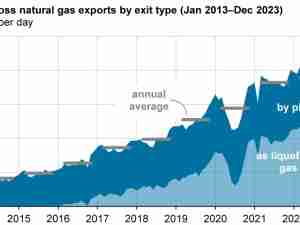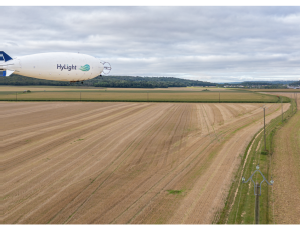Enterprise shelves massive Bakken pipeline project
By: Reuters | Dec 12 2014 at 05:05 PM
Enterprise Products Partners on Friday shelved plans to build the first crude pipeline from North Dakota to the storage hub in Cushing, Oklahoma, likely hindered by competition from other shippers and lower oil prices.
In a two-sentence announcement, Enterprise said it wouldn’t build the 1,200-mile (1,931 km), 340,000 barrels-per-day pipeline because too few shippers had signed up to support it.
The news came as sharply falling oil prices hit new five-year lows on Friday, with U.S. crude futures settling at $57.81 per barrel, the lowest since July 2009.
Enterprise did not say on Friday whether the decline from $100 per barrel in June, when the project was announced, to below $60 this week was what prompted the company to scrap the project. Chief Operating Officer Jim Teague told analysts in October, when prices slipped to $80 from $90 a barrel, that such prices “aren’t going to help that project.”
But other Bakken pipeline projects have been dropped when prices were higher. ONEOK Inc scrapped a Bakken-to-Cushing pipeline in 2012, and Koch Pipeline Co LP dumped plans for a Bakken-to-Illinois pipeline the following year.
Both failed to attract enough shippers. Rail remains a popular mode to move Bakken crude to markets, particularly the East and West coasts where refiners want it and oil pipelines are lacking.
Plus, Enterprise had competition from other Bakken pipeline projects. Crude traders said Friday that fewer tariffs, better destinations and more options from other projects could be more of a factor in Enterprise’s decision than lower oil prices.
“There’s tough competition for Bakken pipelines,” a trader said.
Those projects include Energy Transfer Partners’ $5 billion, 450,000 bpd North Dakota-to-Illinois Dakota Access Pipeline, which is on target to start up in late 2016 with Phillips 66 as a 25 percent partner.
Enbridge Inc also aims to build its $2.6 billion, North Dakota-to-Minnesota and Wisconsin Sandpiper Pipeline, with Marathon Petroleum Corp as the anchor shipper. Its start-up was pushed to 2017 from 2016 pending an environmental review in Minnesota.







_A_-_28de80_-_38f408a0a1c601cdbf9fe70c9d30a28084a5da3d_lqip.jpg)

